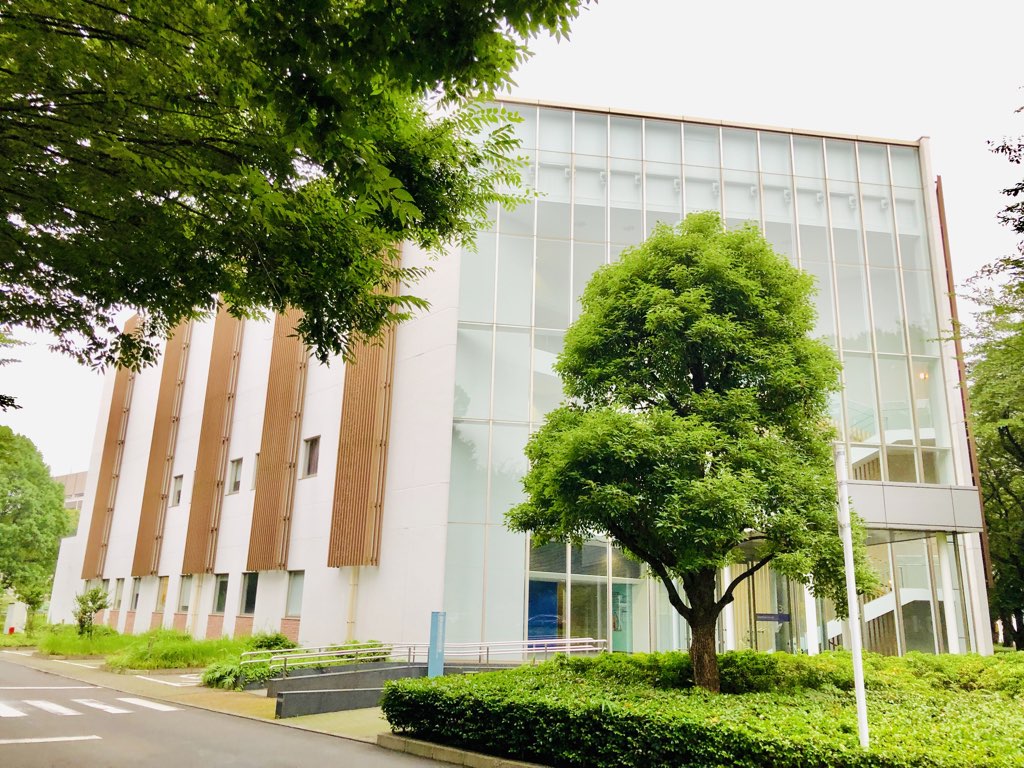
I was recently accepted to RIKEN CBS/University of Tokyo joint graduate program. And here I review the steps of entrance exams as well as brief basics of RIKEN CBS. Please note that information written here may not be up to date when you take the exam so make sure to check the latest information via official website or by contacting the faculty you want to work with. 日本語版の記事はこちら。
- Before we start...
- What is RIKEN CBS?
- RIKEN/University of Tokyo Joint Graduate Program
- Entrance Exam for Graduate School of Arts and Sciences, Department of Life Sciences
- No GPA or Letter of Recommendation or GRE is Required
Before we start...
I have another entry where I explained what it means to pursue Masters/PhD in Japan. Please consider reading this entry as well if you're thinking of doing a grad school in Japan.
What is RIKEN CBS?
CBS is short for Center for Brain Science
When you ask neuroscience professors in States for best institutions for neuroscience in Japan you will mostly hear: University of Tokyo, Kyoto University, and RIKEN Center for Brain Science. You may have heard of former two as they both appear pretty high in world university rankings, despite having disastrous international student score. *1 Whereas you probably haven't heard of RIKEN CBS, unless you closely follow neuroscience journal papers. That is because RIKEN CBS (which is a sub-institution of RIKEN, the flagship institution of Japan) is not a degree granting institution and thus do not show up in rankings or send exchange students to schools in other countries. *2 I will cover the details about RIKEN CBS in the future entries and will focus on how to "get in" in this entry.
RIKEN/University of Tokyo Joint Graduate Program
RIKEN PIs have Affiliations with Many Japanese Universities
As I have mentioned earlier, RIKEN is not a degree granting institution and therefor you need another affiliation elsewhere to be a graduate student at RIKEN. Most of, if not all, RIKEN Principal Investigators have affiliations with nearby universities. One of the common affiliation is with University of Tokyo, the flagship university in Japan. Other affiliations include Waseda University, Kyoto University, Saitama University, etc.
Affiliation with University of Tokyo, Graduate School of Arts and Sciences
Different faculties have affiliations with different schools, some might have affiliations with School of Engineering while other might have affiliations with School of Arts and Sciences. The affiliation could also change without much notice so it is best to check with the principal investigator where they might have affiliation with. My PI had affiliation with School of Arts and Sciences so I will elaborate on this particular pathway. I think 5~6 RIKEN PIs have affiliation here. Full list of affiliations can be found here.
Entrance Exam for Graduate School of Arts and Sciences, Department of Life Sciences
All Schools at University of Tokyo have entrance exam
Regardless of where you apply to, you'll have to pass an entrance exam. *3 Entrance exam consists of written exam and interview. Although latter is mostly a formality, former is a proper exam and if you don't speak Japanese you are at a disadvantage. You are also directly admitted to particular lab and therefor it is essential that you contact the future PI ahead of applying.
Written Exam: Answer 3 out of 26 Problem Sets, 3 hour exam
26 problems sets have variety of topics ranging from physics to exercise science. However, only 3 problem sets (all neuroscience) are in English so if you don't speak Japanese you basically have no choice of problem sets. For some reason they do not offer translation of other problem sets but 3 questions in English are written by RIKEN PIs and they tend to reflect their research interests and thus your best chance is to answer those anyway. Past exams can be found here. *4
You'll have 1 hour per problem sets and they are all long written questions. As for difficulty, if you have taken 5~6 neuroscience classes during your undergraduate and did well, it should not be too bad. However, I strongly advise you to read some recent papers from RIKEN PIs' lab. Although there's no official statistics, around 60~70% is said to be the cut-off line.
Interview: 12 mins per applicant, no stress
Only those who passed the written exam portion is going to be interviewed. The interview lasts for less than 12 mins per applicant and you'll be asked to explain your research background as well as how you think did at written exam etc. You'll be interviewed alone with 5~6 faculties including your potential PI and it will be conducted in English per request.
No stress here though. For the year I took it, 50 out of 53 interviewed were admitted.
No GPA or Letter of Recommendation or GRE is Required
Basically, entrance exam is in place in lieu of GPA, LoR, and GRE at all graduate schools in Japan. So if you had terrible undergrad years but you think you're capable of top-notch research and have knowledge/skills, Japan might be your place. It is also worth noting that official language at RIKEN CBS is English and RIKEN CBS has exceptionally high international faculty ratio for an institution in Japan.
You'll still have to convince your potential PI that you're an asset to the lab and one way could be sending informal letter of recommendation, which I did.